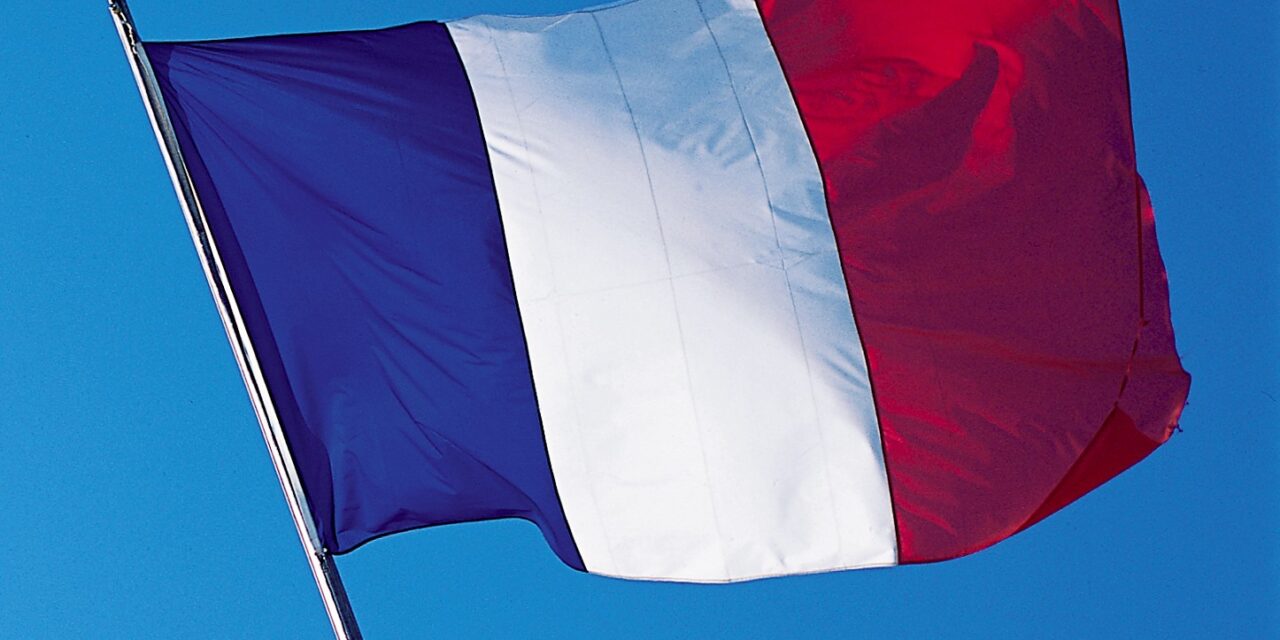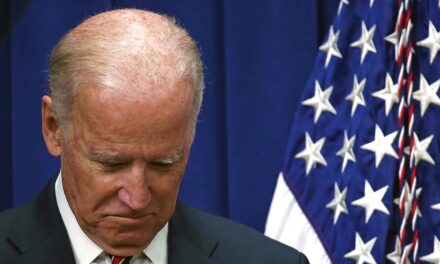President Emmanuel Macron ordered French forces to the Eastern Mediterranean to provide military assistance to Greece, raising the stakes in France’s growing regional confrontation against an increasingly assertive Turkey.
France’s latest move in the region follows Mr. Macron’s trip last week to Beirut in the wake of an explosion that devastated the city.
By far the European Union’s strongest military power—and its only nuclear-armed nation—France has become more embroiled in conflicts across the Mediterranean as the U.S. has disengaged from the region in recent years.
In the newest tensions, France is again squaring off against Turkey—a fellow North Atlantic Treaty Organization member and supposed ally—as it is also doing in Syria and Libya.
Mr. Macron’s decision, announced late Wednesday in Greek-language tweets, injects France into a maritime dispute over potential gas and oil fields in the Eastern Mediterranean. Turkey, which has made claims on what Greece and Cyprus consider their own exclusive economic zones, this week sent the Oruc Reis seismic exploration ship, accompanied by warships, into the contested area. Greece responded by scrambling its own navy.
“The situation in the Eastern Mediterranean is alarming. Turkey’s unilateral decisions in matters of oil exploration provoke tensions,” Mr. Macron tweeted after a phone call with Greek Prime Minister Kyriakos Mitsotakis, who has asked for an emergency meeting of EU foreign ministers on the crisis. Mr. Macron said that France and the EU express solidarity with any fellow member whose sovereignty is contested.
The temporary deployment in Greece will include the La Fayette frigate, which has already conducted a joint exercise with the Greek Navy, the Tonnerre amphibious assault helicopter carrier and two Rafale jet fighters that had been deployed to Cyprus, the French Defense Ministry said Thursday.
Relations between Mr. Macron and Turkish President Recep Tayyip Erdogan have frayed in recent years, particularly after a Turkish naval force off Libya in June came close to attacking a French frigate enforcing a United Nations arms embargo. Later that month, Mr. Macron accused Turkey of “criminal responsibility” in fomenting Libya’s civil war.
“There’s a very quick and profound deterioration of the strategic situation in the Mediterranean at a time when the U.S. no longer desires to provide security for the region,” said Thomas Gomart, director of the French Institute of International Relations, a Paris think tank that advises the government. “This pushes the French Navy to the first line in an area that used to be stabilized, and that now sees a change in the balance of power, particularly to the benefit of an extremely ambitious Turkey.”
Rivalry between France and Turkey in the Mediterranean has deep roots. France’s former colonial territories Algeria, Tunisia, Syria and Lebanon were all wrested in the 19th and early 20th centuries from the fraying Ottoman Empire. Mr. Erdogan’s muscular foreign policy is fueled by grievances over the supposedly unjust way in which Turkey was truncated following the Ottoman defeat in 1918, and aims to restore Turkish influence in its former domains.






Recent Comments